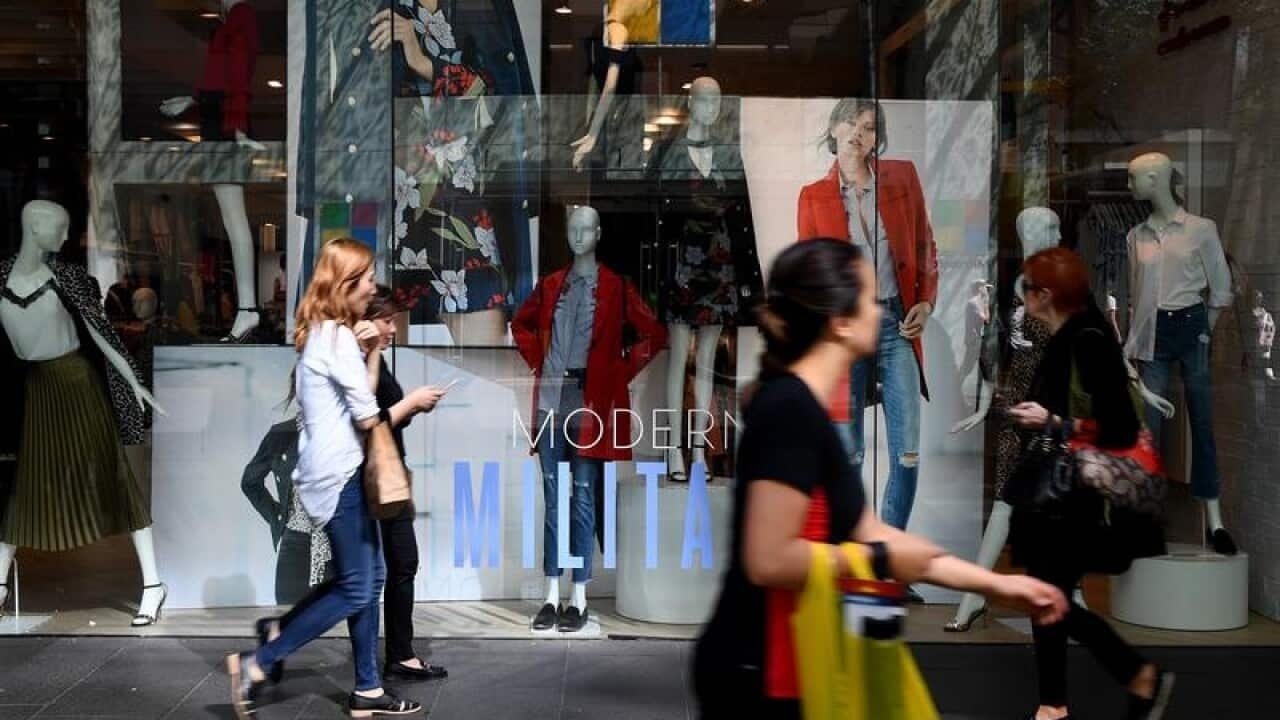Malcolm Turnbull's promise of personal income tax cuts could be the circuit-breaker to lift the spirits of consumers who have been under a cloud for most of the year.
Treasurer Scott Morrison says he and the prime minister will be figuring out, over the summer and in the lead up to next year's budget, how to cut people's taxes.
"Next year, we've made it very clear that we will be working hard on how we can deliver middle-income tax relief," Mr Morrison told ABC radio on Wednesday.
The treasurer, who will hand down his mid-year budget review on Monday, is confident the government can deliver tax cuts while returning the budget to surplus by mid-2021.
"We certainly won't be doing it unless both of those requirements are met," he said.
Westpac chief economist Bill Evans believes the promise of tax cuts was a factor in a gauge of consumer sentiment ending the year on a positive note, striking a four -year high.
The Westpac-Melbourne Institute confidence index jumped 3.6 per cent in December with optimists outweighing pessimists for only the second time this year.
Its sub-index comparing consumers' views of their finances compared to a year ago surged by 5.6 per cent to an 18-month high.
"With the labour market remaining strong, respondents are generally more confident about the domestic economy and there is likely to have been a 'feel good effect' from the passing of marriage equality legislation," Mr Evans said.
"Also supporting a more positive assessment for respondents' finances is coverage of the government's recent speculation around possible tax cuts."
However, with ongoing weak wage growth, a low savings rate and high debt levels, Mr Evans is not confident this mood swing will translate to sharply higher spending.
A separate report by international recruiting firm Korn Ferry Hay predicted Australian wage growth could be the slowest in the world in 2018.
Real wages - wage growth adjusted for inflation - are forecast by an average 1.5 per cent worldwide.
Australian wages are forecast to grow by 2.5 per cent, but only by 0.7 per cent after inflation, the lowest among the 97 countries surveyed, it says.
Reserve Bank governor Philip Lowe has repeatedly said while he expects wages growth to remain slow for a while yet, strong employment gains should lift salaries over time.
The November labour force report is due on Thursday.
Economists expect the number of people employed increased by around 20,000, which would mark the 14th consecutive month of gains, the longest streak in over 20 years.
The jobless rate is expected to remain at 5.4 per cent, the lowest level in nearly five years.

